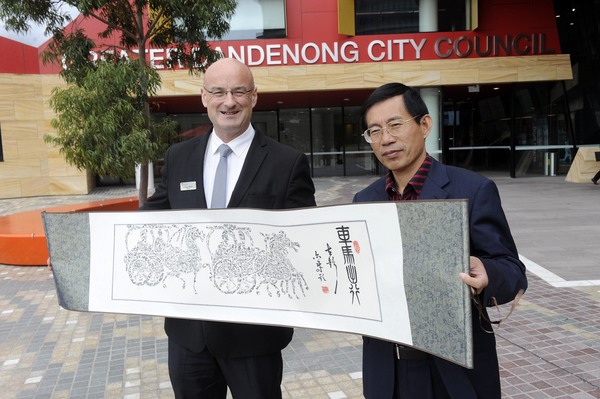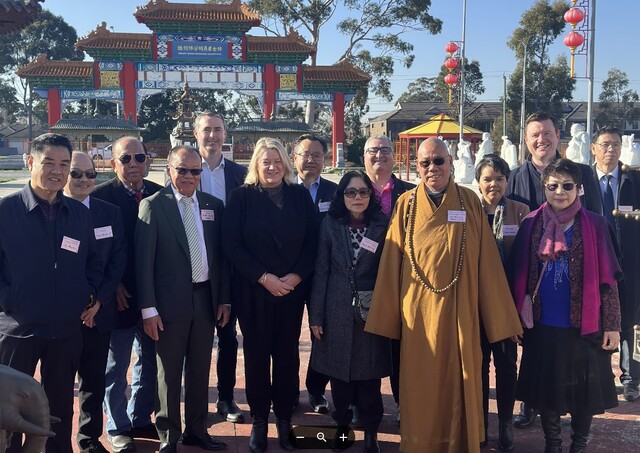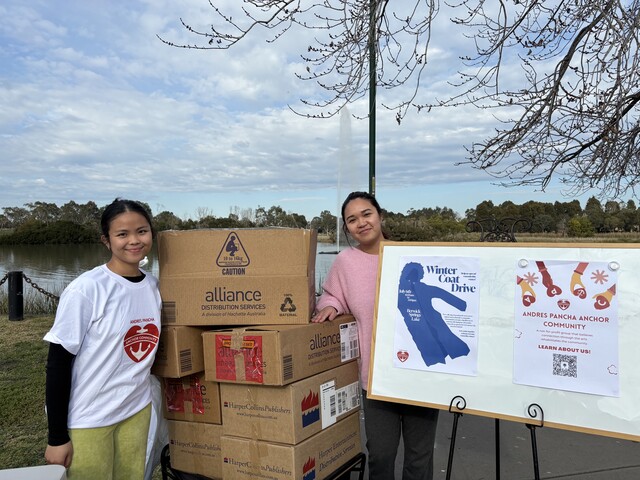Greater Dandenong will explore whether to replace its 24-year-old ‘sister city’ relationship with Xuzhou, China with a “modern” ‘friendship city’ model.
A council report will look at the cost and benefits of the Xuzhou ties since 1996 as the cost-benefits of the “more flexible” Friendship Cities.
It will also look at “leveraging” State Government or City of Melbourne’s overseas engagements.
Cr Sean O’Reilly, who led the motion at a 10 February council meeting, argued it was timely to re-examine the Sister City relationship.
It was regarded by the public as “anachronistic” and of “dubious” value, he said.
“Although relatively low expenditure, the public is increasingly dubious of the value of Sister City relationships,” his motion stated.
The Sister City arrangement locked in regular visits to and from Xuzhou – a routine that hadn’t changed since 2017.
On the other hand, Friendship City agreements carried less obligation for regular visits between the countries, were more “purpose-driven” and had “clearly defined and measurable outcomes”, Cr O’Reilly argued.
Cr Maria Sampey, in support, said given Greater Dandenong’s multiculturalism, there was scope for trade ties with many more countries.
In opposition, Cr Tim Dark said Sister City or Friendship City relationships were a “junket” – “however you polish it up”.
He said the council should better capitalise on VECCI and Department of Foreign Affairs and Trade delegations, visiting trade missions such as from the Netherlands, or seize on a post-Brexit UK and EU for trade opportunities.
Cr Youhorn Chea, in voting against, said the Sister City ties with Xuzhou should be retained. However Friendship City ties with other cities should be explored, he said.







